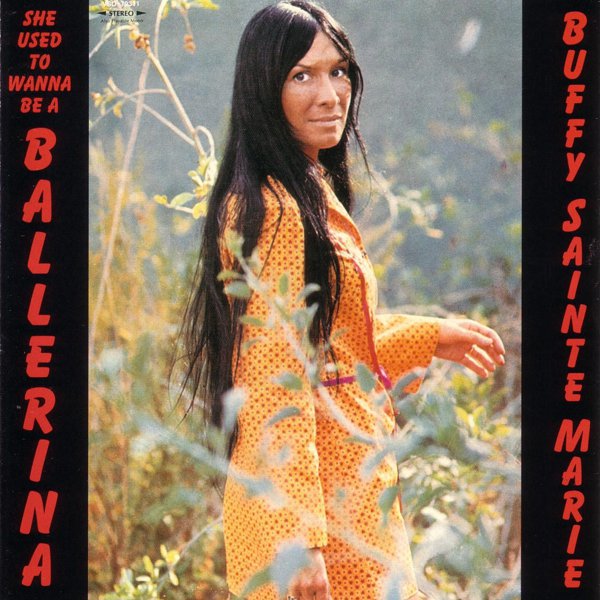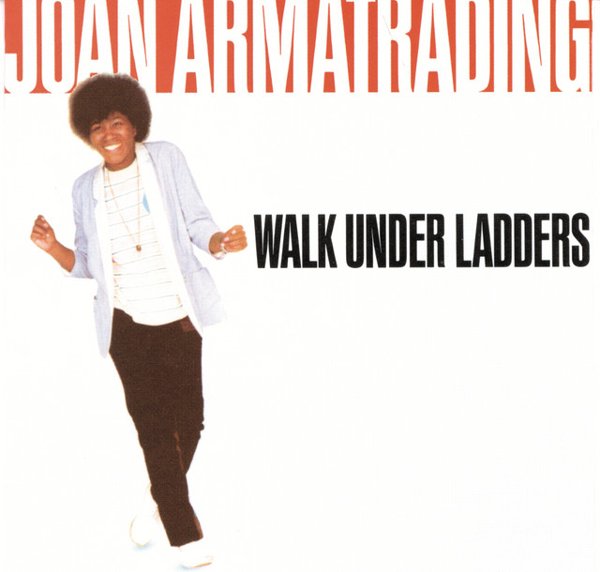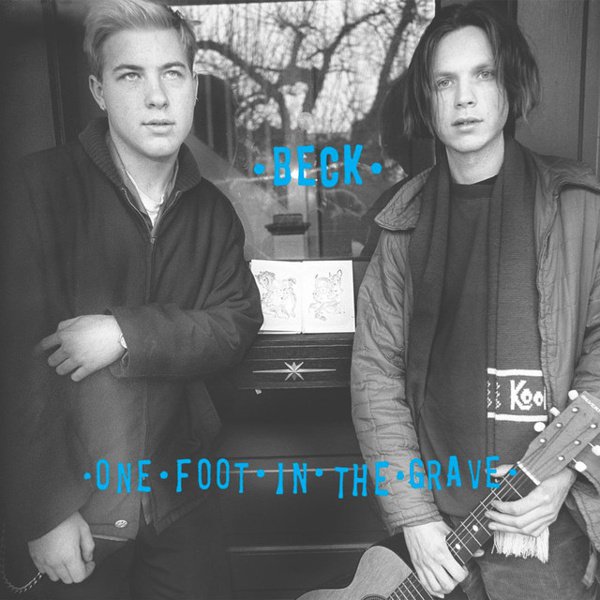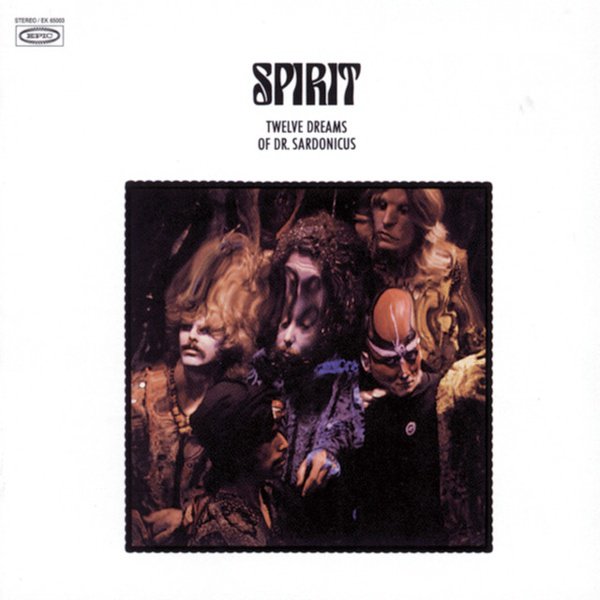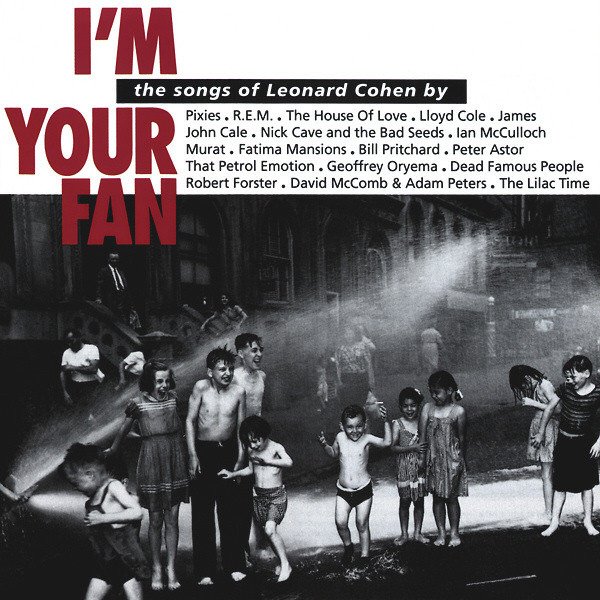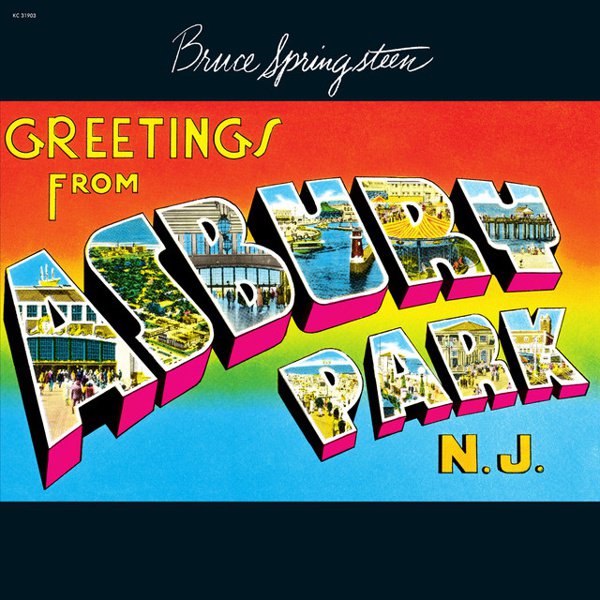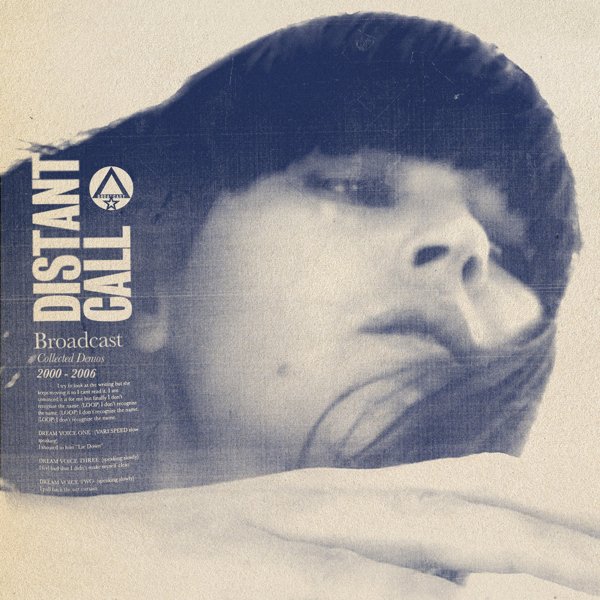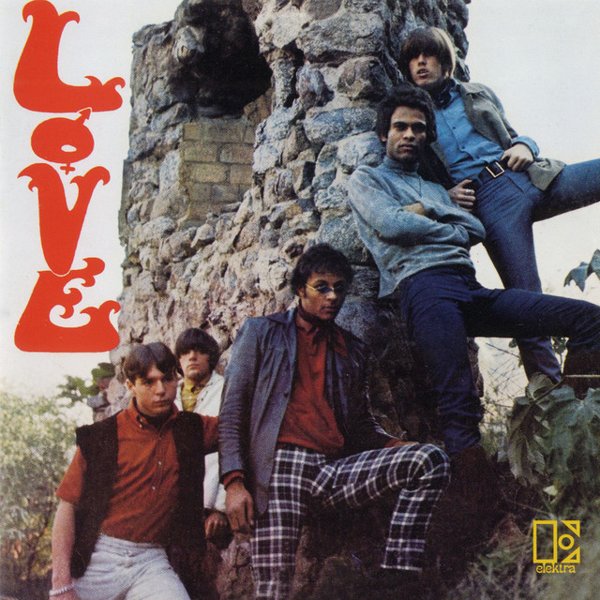She Used to Wanna Be a Ballerina
The synthesizer-soaked, borderline-psychedelic Illuminations was one of the most ambitious and striking experimental folk albums ever released. It was also a massive disappointment when it came to moving units, at least by Vanguard’s standards, so the try being commercial again edict was brought down hard on Buffy Sainte-Marie. Producer (and eventual “Up Where We Belong” co-writer / husband) Jack Nitzsche was brought in, as were some of Nitzsche’s frequent collaborators, past and future — Neil Young, Ry Cooder, and Jesse Ed Davis all sit in on guitar, while Young’s band Crazy Horse provide the rest of the instrumentation. Throw in the litany of contemporaneous cover songs and it almost seems like Sainte-Marie lost a bit of her autonomy on this record. But none of this resulted in an album that sounded like it was beneath her — far from it, as she elevates it all far beyond the ordinary. She Used to Wanna Be a Ballerina works best as a strong entry-level introduction to a voice that nobody else could stifle, a powerfully emotive instrument that sounded both defiantly powerful and delicately aching thanks to her dynamic quaver. While her takes on Young (“Helpless”), Leonard Cohen (“Take This Longing” precursor “The Bells”), and Goffin/King (“Smack Water Jack”) thrive off that voice, the album’s roots-and-soul throughline — recorded in three cities, but redolent of Laurel Canyon regardless — is also a strong base for her originals. That’s best heard in the title cut’s bittersweetly sardonic gospel-tinged take on how the high-low culture divide tweaks artistic aspirations, the vet-sympathetic antiwar voice-and-piano ballad “Moratorium,” and a distinctly First Nations sense of homeland pride in “Soldier Blue.” Sadly, this album didn’t do much better at the cash register than Illuminations, and Sainte-Marie would spend much of the remaining decade fighting against record industry constraints, but that’s a matter for future albums — this one still sounds like a vital, shoulda-been-a-hit minor classic.

